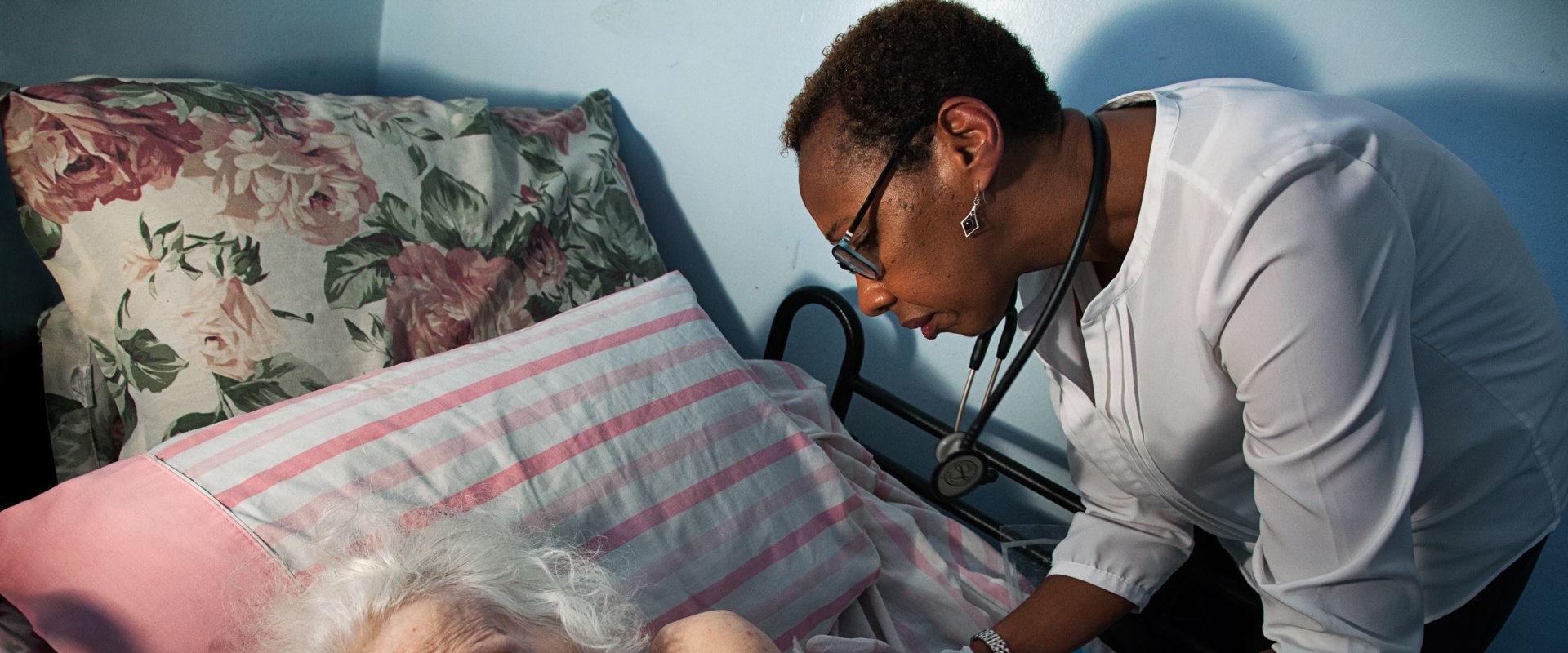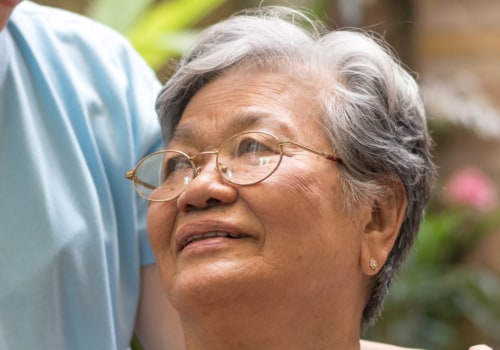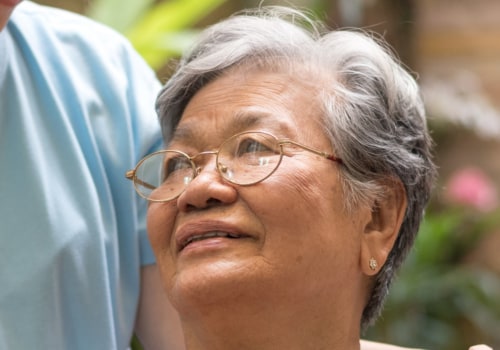Choosing a hospice doesn't mean choosing death. People who qualify for hospice are usually expected to die in six months or less, but that doesn't mean death is their goal. Many people live much longer than six months, in fact. Hospice care can prevent people from living the end of their lives in pain and exhaustion.
In palliative care, a person does not have to give up treatment that could cure a serious illness. Palliative care may be provided along with curative treatment and may begin at the time of diagnosis. Over time, if your doctor or palliative care team thinks ongoing treatment no longer helps, there are two possibilities. Palliative care could become palliative care if the doctor thinks the person is likely to die within six months (see What does the six-month hospice requirement mean?).
Or, the palliative care team could continue to help with a greater emphasis on comfort care. Hospice is for people who have limited life expectancy. Hospice is for patients whose condition is such that a doctor would not be surprised if the patient died within the next six months. This does not mean that the patient will die within the next six months; it simply means that they have a condition that makes dying a realistic possibility.
On the other hand, palliative care offers somewhat similar services, but for patients who will not necessarily die in the next six months. Learn about the differences between hospice and palliative care. Hospice does not accelerate the onset of death. In fact, some patients who receive palliative care live longer.
This is because your quality of life and emotional well-being have improved and have allowed your body's time to stabilize rather than continue to worsen. The biggest difference between hospice care and traditional healthcare is that hospice care is no longer focused on “healing the patient.”. Instead, it focuses on improving the patient's quality of life by controlling symptoms such as pain and discomfort. Hospice provides families with more comfort, support, guidance and grief counseling than traditional health care.
If you think your family and the person you care for may benefit from pain or symptom management, bathing and grooming assistance, emotional and spiritual support, and telephone access to care advice, ask your doctor if you should consider hospice. Seriously ill patients who have decided that their priority is to have the best possible quality of life are the people most suitable for hospice. Among those threats is the reluctance of legislators to use the word “hospice” and, instead, to rely on words such as palliation or palliative care. The fact is that hospice is a type of medical care in which the goal is to maintain or improve the quality of life of a person whose illness, illness or condition is unlikely to be cured.
Like palliative care, hospice provides comprehensive comfort care as well as support for the family, but, in hospice, attempts to cure the person's illness stop. Hospice patients live an average of 29 days longer than those who do not receive hospice care, according to one study. Hospice care is also often less expensive than hospital stays or emergency room visits and is covered by Medicare and many insurance plans. In addition, hospice recipients are more likely to control pain and less likely to be tested or given medicines they don't need, compared to people who don't use hospice care.
Hospice programs across the country face a decline in the use of services due to government restrictions. Therefore, even before hospice becomes a commonly understood concept, it may well disappear from our language. Without the pain relief, emotional support and spiritual guidance offered by hospice, physician-assisted suicide may seem like a reasonable alternative to people dying in distress. But there needs to be good coordination and communication between the nursing home, the hospice company and the family.
Most patients and families receiving hospice care say they wish they'd known sooner because they needed help much sooner. . .












